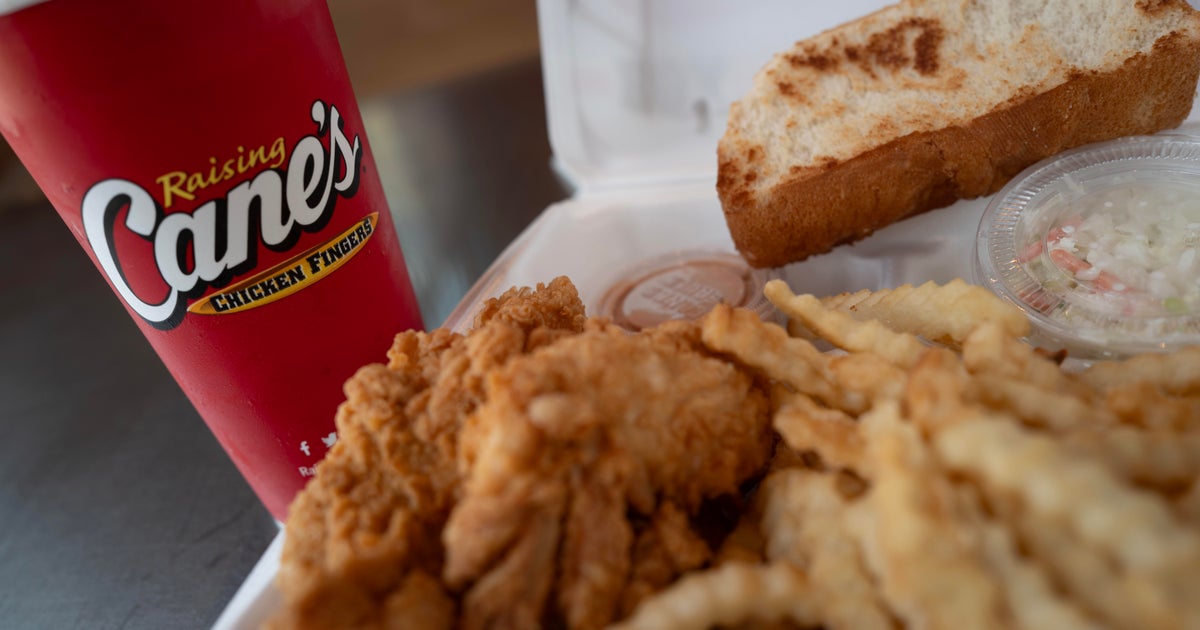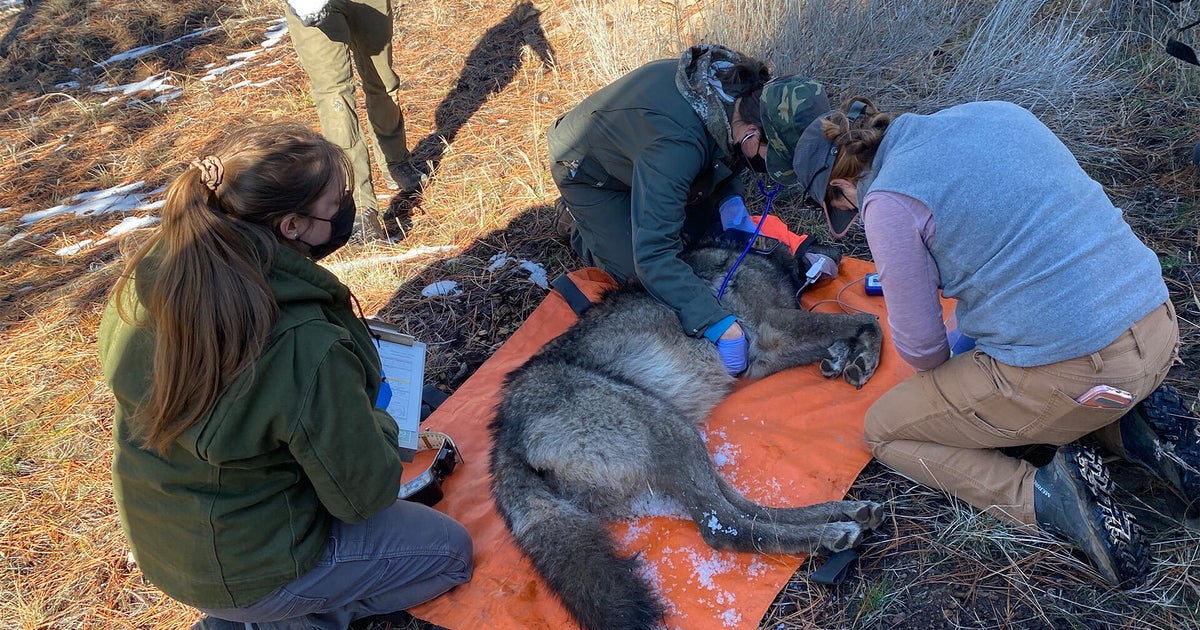Pandemic boosts demand for backyard poultry flocks
The coronavirus pandemic is propelling one new American pastime to new heights, with more people forced to hunker down at home setting up coops and raising chickens in their backyards. While the earthy hobby is a source of animal companionship and fresh eggs, it also comes at a cost, with the count of Americans sickened by salmonella linked to backyard poultry higher in 2020 than any previous year.
According to the U.S. Centers for Disease Control and Prevention, the agency and public health officials in all 50 states investigated 17 multistate outbreaks of salmonella illnesses linked to poultry in backyard flocks in 2020. Of the 1,772 Americans stricken in this year's outbreaks, 24% were children under five, 333 required hospitalization and one person in Oklahoma died, the CDC said.
Salmonella germs can cause a diarrheal illness that can be mild, severe or even life-threatening, with the very young, older people and those with weakened immune systems especially vulnerable. The immune systems are still developing in young children, who are more likely to stick their fingers in their mouths after contact with chickens, the CDC cautions.
"Owning backyard poultry can be a really great experience, but just like poultry on the shelves, it can carry salmonella," Dr. Megin Nichols, an epidemiologist in the CDC's outbreak response and prevention branch, told CBS MoneyWatch in April. "Many of those who get sick are not only first-time poultry owners, but are also young children," she added.
Those with or considering backyard poultry would be wise to check out the CDC's guidelines. They include not eating or drinking while near an outside flock, and always washing hands with soap and running water after touching birds.
Already growing in popularity, amateur chicken-keeping is seen as an environmentally sustainable way of raising food to eat. The pandemic is accelerating those trends, some breeders and poultry groups say, prompting more people to make the leap into poultry parenthood.
Businesses that sell chicks, coops and other supplies have seen a surge in demand since the pandemic took hold in March and health officials ordered residents to stay home.
Tales from the Yard
Allison and Ron Abta of Northern California's Marin County for years talked about setting up a backyard coop, a step they took in August, thrilling their three kids.
"These chickens are like my favorite thing, honestly," 12-year-old Violet told the Associated Press, holding a dark feathered hen in her woodsy backyard. "They actually have personalities once you get to know them."
The baby birds lived inside the family's home for six weeks before moving into the chicken run in the yard. A wire-mesh enclosure now houses the five heritage hens — each a different breed — and protects them from bobcats, foxes and other predators.
Mark Podgwaite, a Vermont chicken breeder who heads the American Poultry Association, said he and other breeders have noticed an uptick in demand for chicks since the pandemic began. His organization, which represents breeders and poultry-show exhibitors, has seen a jump in new members.
"Without question, the resurgence in raising backyard poultry has been unbelievable over the past year," said Podgwaite, who keeps a flock of roughly 100 birds. "It just exploded. Whether folks wanted birds just for eggs or eggs and meat, it seemed to really, really take off."
The Abta family bought the chicks from Mill Valley Chickens, which sells chickens, feed and supplies and builds coops and runs. Owner Leslie Citroen also offers classes for first-time chicken keepers. She estimates her sales have grown 400% this year.
"Once COVID hit, my phone just started ringing off the hook and it just has not slowed down," Citroen said. "I don't think it's going to slow down. I think this new interest and passion in chickens is permanent."
Citroen said most of her customers this year are first-time chicken keepers. They range from parents looking for something to keep homebound children busy to "preppers" who want their own protein supply in case the world falls apart.
"Demand is just through the roof right now," Citroen said. "I've sold all my baby chicks. I've sold all my juveniles. And I'm starting to sell some of my family flock."
One of her newest customers is Ben Duddleston, who lives in nearby San Anselmo. He stopped by her home to buy three hens.
The self-described "first-time chicken dad" wanted to surprise his kids, ages 5 and 10, on Christmas.
"I think it's totally pandemic related. I don't think that I'd be doing this if in normal times," Duddleston said.
Kate Gibson contributed reporting.



